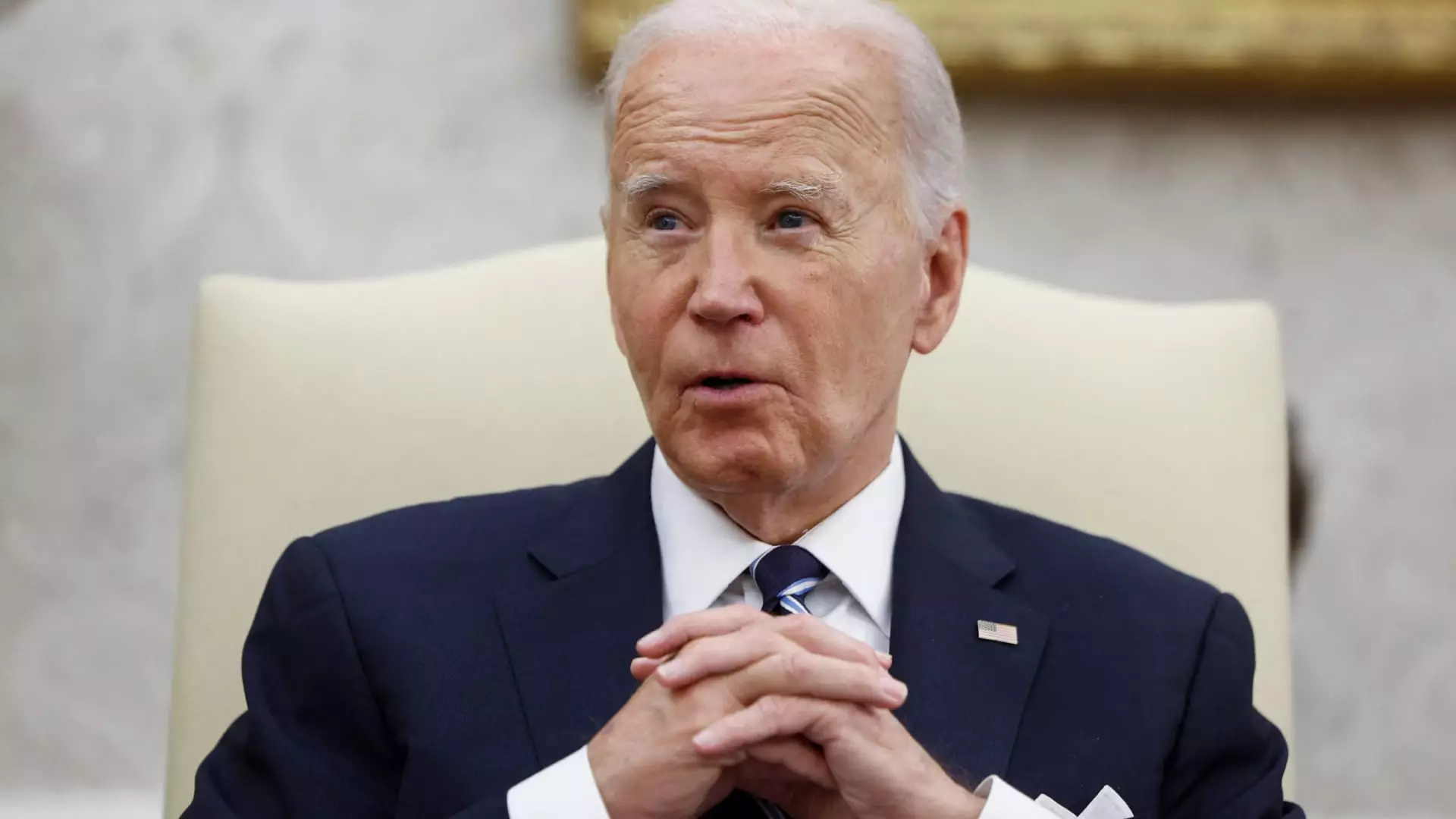As the 2024 elections draw near, the political landscape in Congress is rife with tension, especially regarding federal funding. Recently, lawmakers narrowly averted a government shutdown that could have severely disrupted operations; however, a fresh wave of budgetary challenges looms on the horizon. With only a limited window before the holidays and a slew of pivotal elections set to reshape Congress and potentially the presidency, lawmakers must tackle the pressing issue of funding federal agencies for the upcoming fiscal year.
The urgency surrounding federal appropriations legislation cannot be overstated. Currently, Congress is grappling with the need to finalize twelve essential spending bills to ensure that federal agencies can function effectively in fiscal year 2025. However, time is short; lawmakers are only scheduled to convene in Washington for approximately five weeks between Election Day and the end of the year, creating an environment where effective negotiation appears increasingly improbable. This time crunch is compounded by the lack of consensus between the two chambers on those bills, placing immense pressure on both parties to arrive at a solution.
In previous years, lawmakers frequently resorted to omnibus spending packages, which often combined multiple appropriations into a single vote to simplify the passage process. However, newly appointed House Speaker Mike Johnson has expressed his intent to break from this tradition, stating firmly, “We are not going to return to the Christmas omnibus spending tradition.” This sentiment reflects a broader desire among some legislators to adopt more transparent and accountable funding processes, moving away from the last-minute scramble that typically characterizes end-of-year budget discussions.
Despite Johnson’s assertions, experienced lawmakers cast doubt on the viability of avoiding a comprehensive funding package. Rep. Debbie Wasserman Schultz noted that past patterns and the current political dynamic suggest that the preference for an omnibus may prevail. “The speaker, respectfully, doesn’t have the ability to draw lines in the sand when he can’t even control his own caucus,” she remarked. Her perspective highlights the complex interplay of power within Congress, where bipartisan cooperation is often essential for meaningful progress.
The challenge increases exponentially as the divide between Democrats and Republicans becomes more pronounced. The need to navigate party lines and appease various factions within each party creates a labyrinthine path to fiscal agreement. The political climate demands that lawmakers strike a balance between their respective constituencies’ needs and the overarching goal of maintaining government functionality. Thus, the looming specter of a government shutdown creates not only an immediate urgency but also raises broader questions about the nature of governance in a divided Congress.
Looking ahead, the first looming deadline is December 20, when current funding is set to lapse. The stakes are even higher considering the unpredictable political landscape post-elections. A divided government could lead to protracted negotiations characterized by bickering and weakened collaboration. Conversely, if Republicans were to dominate the upcoming elections, they might leverage their newfound power to push for extended funding agreements while sidestepping what they view as cumbersome legislative procedures.
In either scenario, it is clear that the implications of the upcoming negotiations will transcend mere budgetary concerns. The manner in which Congress addresses these funding issues will set a precedent for future governance, impacting public perception and possibly influencing electoral outcomes in subsequent cycles. It is crucial for lawmakers to realize that effective governance requires a commitment to collaboration, transparency, and, ultimately, a willingness to prioritize the nation’s needs above partisan interests.
As the electoral tide shifts and the clock ticks down to the December deadline, the stakes continue to rise. Congress is tasked with maneuvering through a maze of political challenges, competing priorities, and the pressure of looming deadlines. The hope is that amidst the noise of political posturing, a coherent and responsible fiscal plan will emerge—one that not only prevents government shutdowns but also fosters a sense of accountability and stewardship in federal governance. How this unfolds will undoubtedly remain a central concern for lawmakers and citizens alike, as the government’s ability to operate effectively hangs in a delicate balance.



Leave a Reply